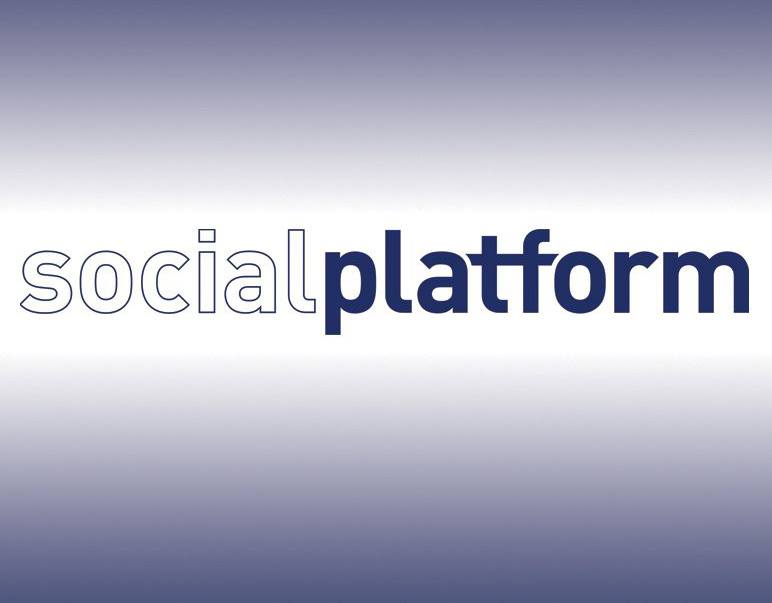[Press release, Brussels January 15, 2014] Social Platform, the Platform of European Social NGOs of which the EWL is a member, welcomes the adoption of simpler and more specific rules for the provision of social, health and other services in the Public Procurement Directive adopted by the European Parliament. In particular we are pleased to see an increased emphasis on quality rather than price in the criterion used by member states and local authorities to award these contracts.
The European Parliament adopted a new Public Procurement directive which finally recognises that social, health and other services provided directly to the person have objectives, types of users and characteristics different to other services. These services contribute to social cohesion and inclusion, promote the enjoyment of human rights, and they address everybody but in particular the most in need. Simpler rules and more tailored to the nature of these services, are the first big achievement for this sector.
MEAT (Most Economically Advantageous Tender) – a set of criteria which includes the price or cost and may include qualitative, environmental and / or social considerations now becomes the main criterion to award contracts for the purchase of every kind of works, services and goods. When member states translate the directive into national law, they can decide that MEAT is the only criterion to be used to evaluate bids for social and health services. Therefore, the directive marks a step further in stopping the “race to the bottom approach” used by public authorities to cut the costs of services, without considering the impact on the quality of service provision and on the working conditions of the workforce. However unfortunately, in the definition of MEAT, the price or cost is still the main factor: this is a missed opportunity to better use public procurement to achieve sustainable development objectives.
Heather Roy, President of Social Platform says: “The recognition of the specificities of social and health services, as well as more emphasis on quality rather than the price or cost are the biggest achievements for our sector. Unfortunately public authorities will still have the possibility to use the lowest price or cost, even for social and health services. If public authorities include quality as a privileged factor to evaluate bids, this will give a guarantee that taxpayers’ money is used to pay for quality services”.
The possibility to reserve contracts for social services to non-profit organisations only for three years is also problematic, as this undermines the continuity of social service provision. Therefore, member states and regional and local authorities need to work in partnership with civil society organisations to ensure a correct implementation of the directive.



